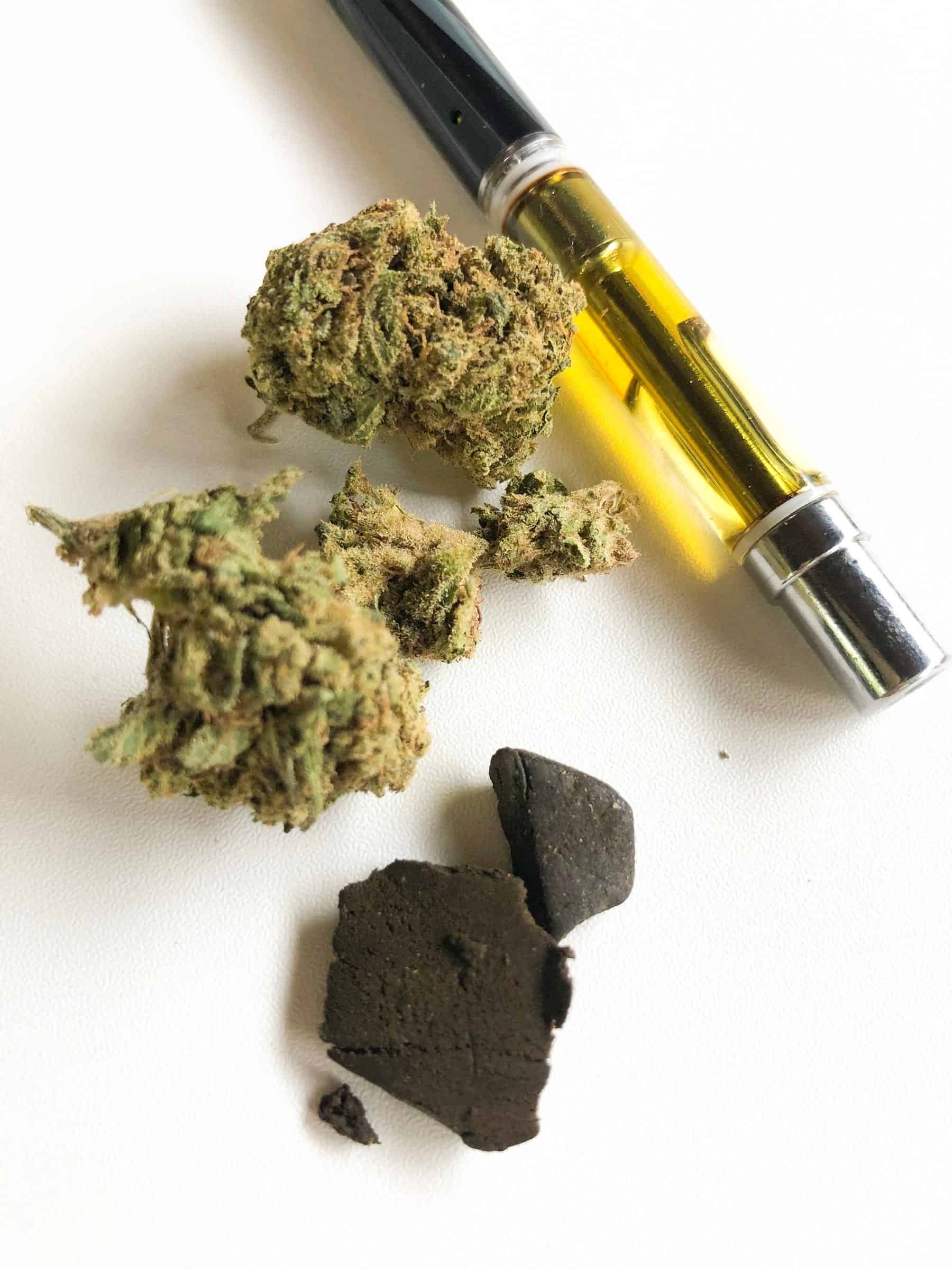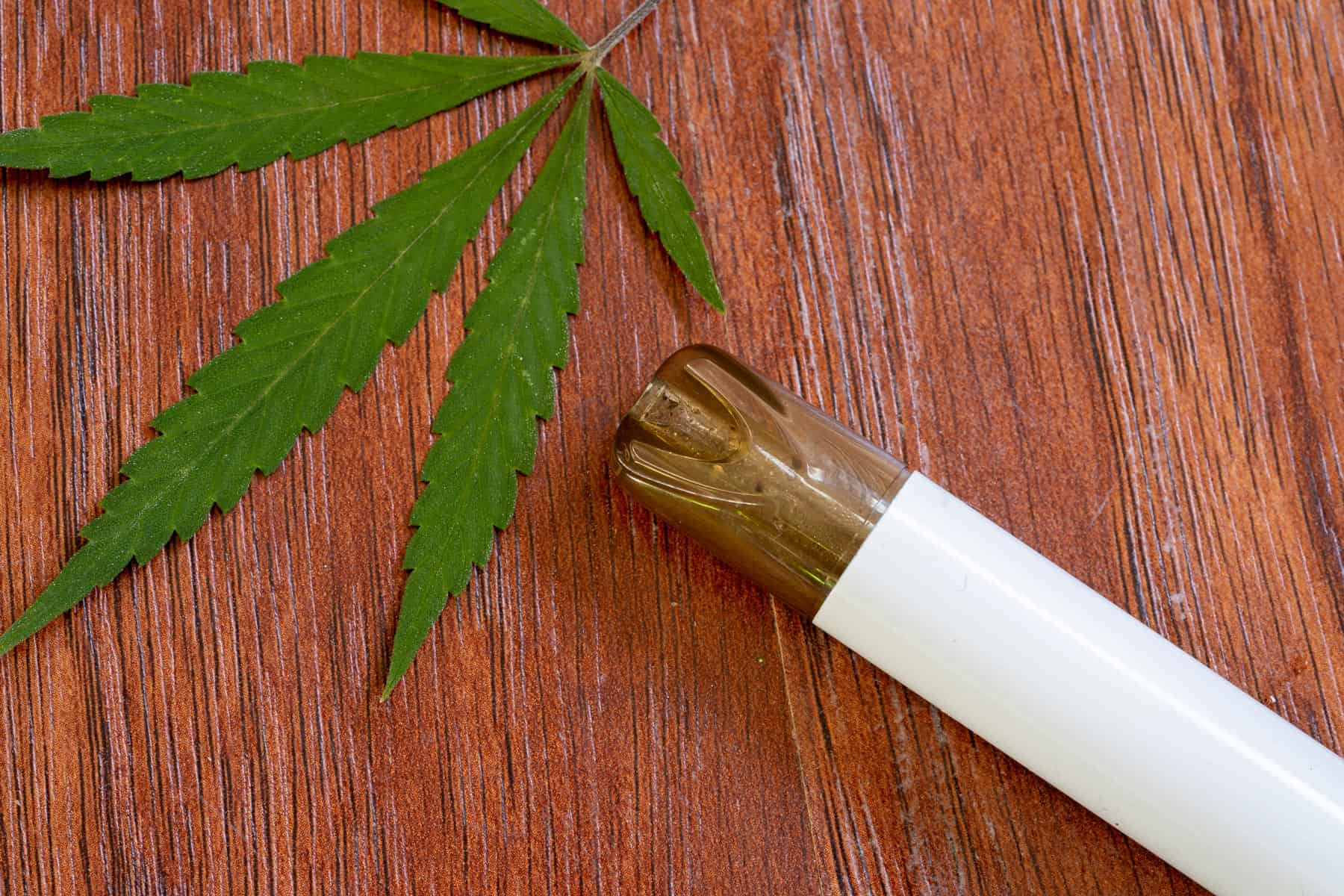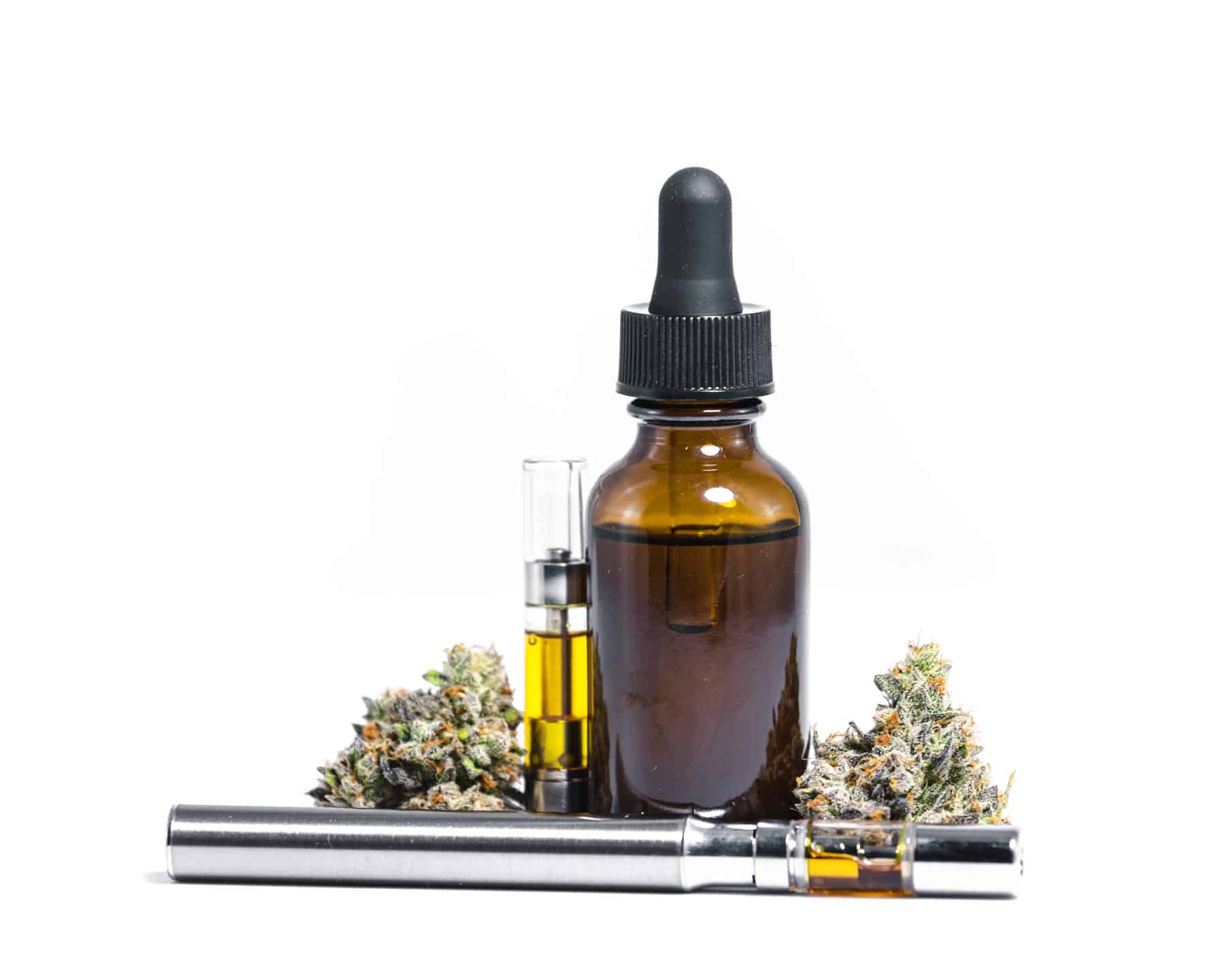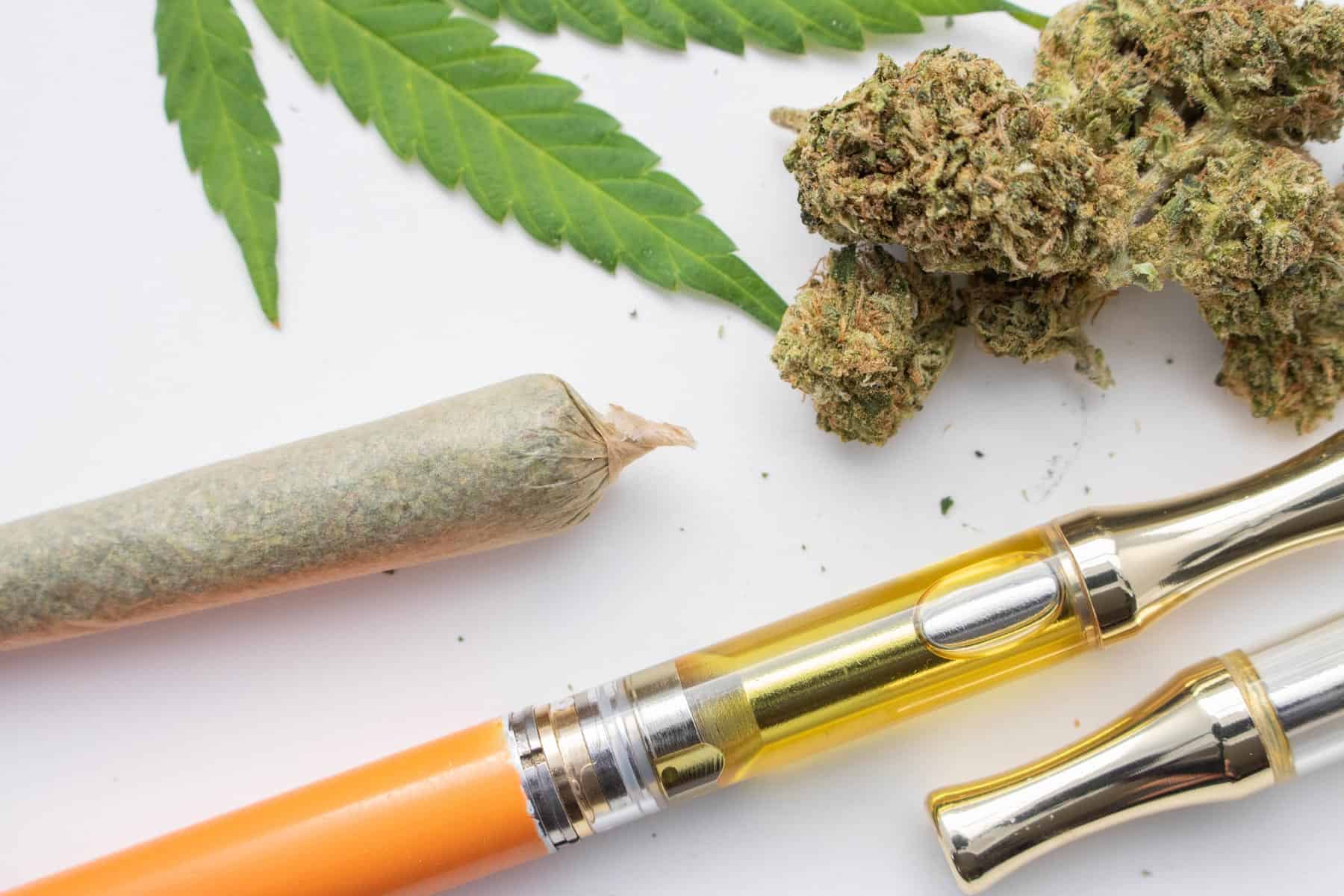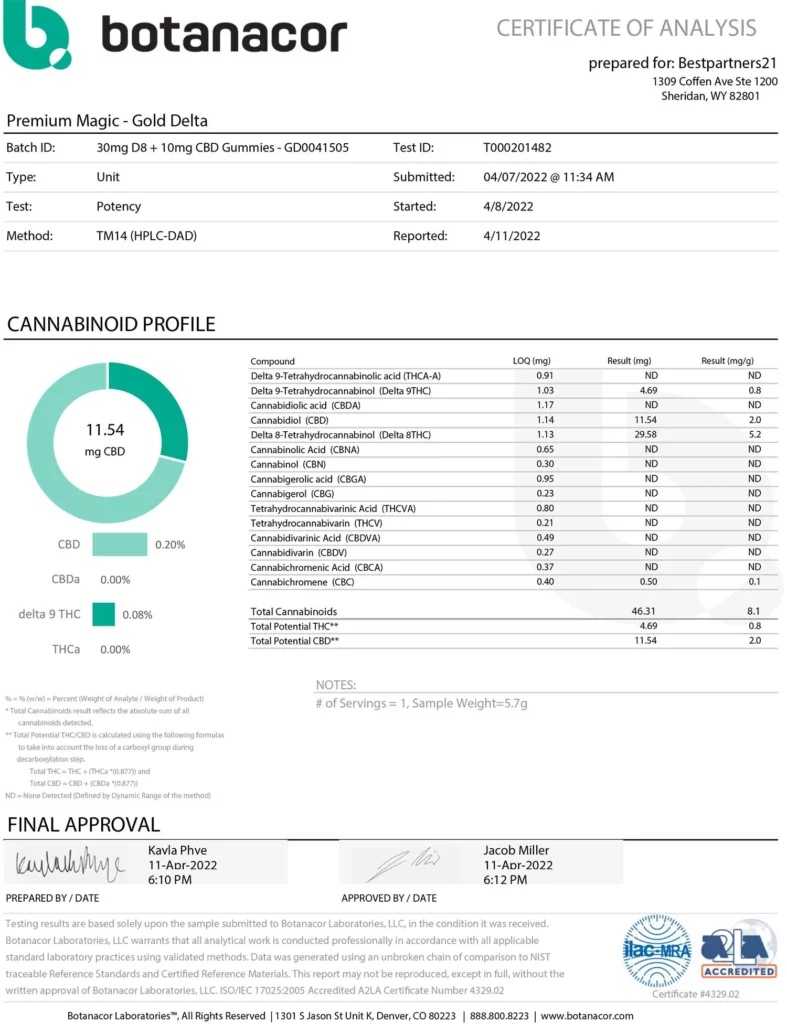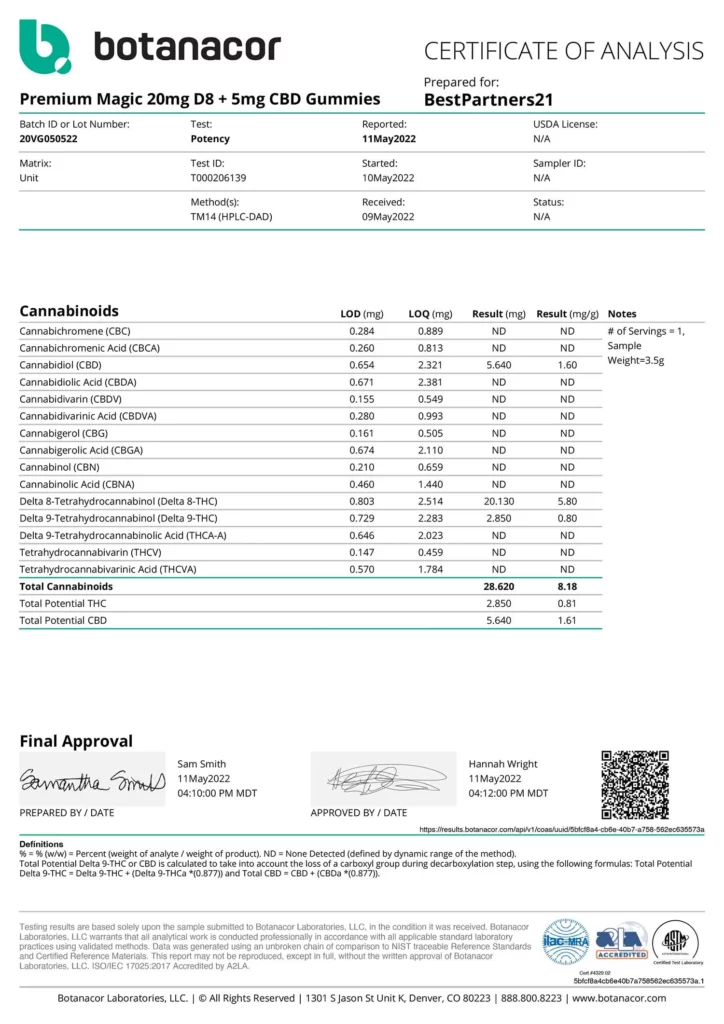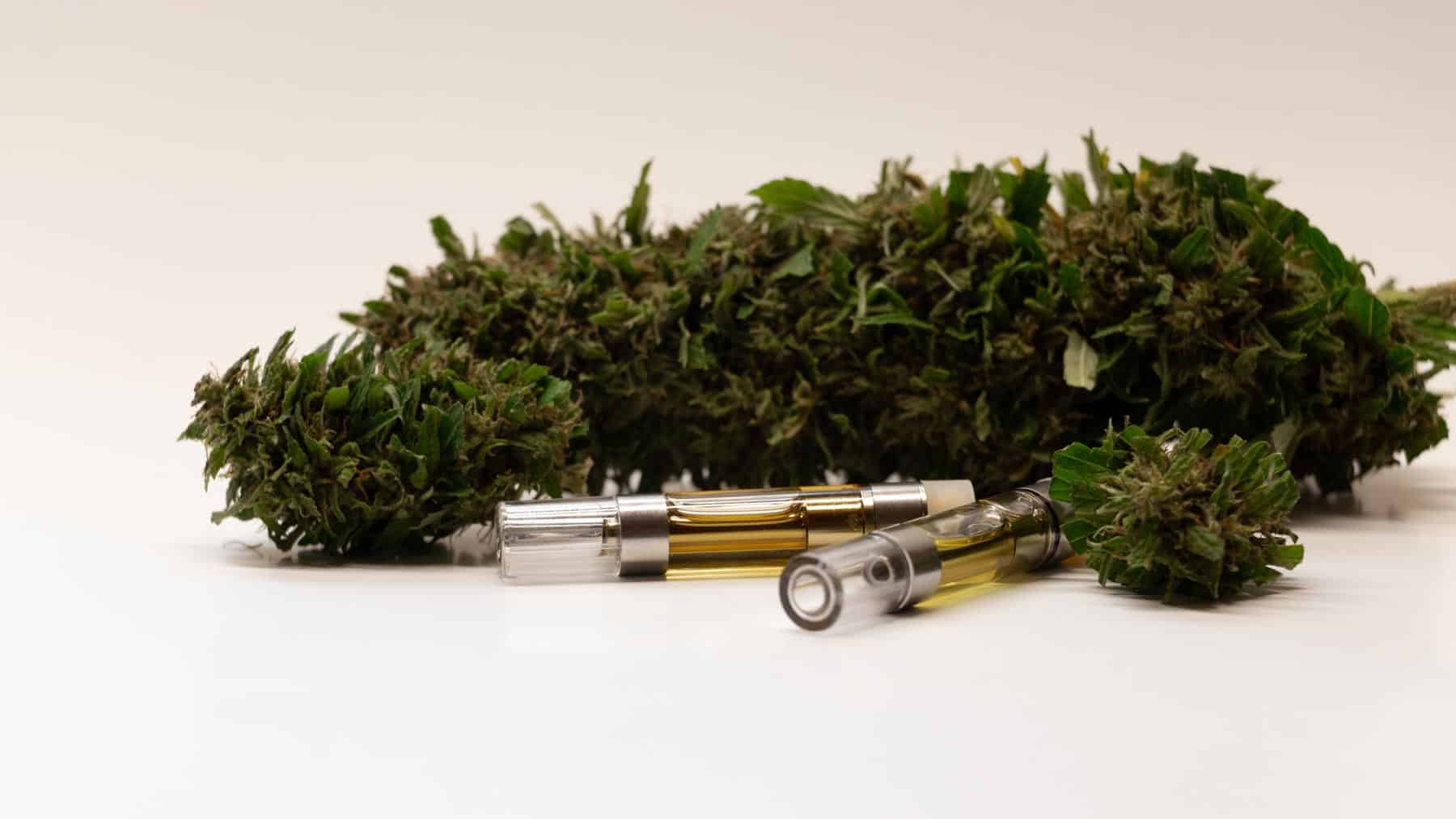
Delta 8 Vape Cartridges and the Cannabinoid Receptors: An Overview of Their Mechanism of Action

As the popularity of Delta 8 THC continues to rise, so does the demand for new and innovative products that can deliver this unique compound in a convenient and effective way. One such product that has gained a lot of attention lately are the Delta 8 vape cartridges, which are becoming an increasingly popular option for consumers looking to experience the benefits of Delta 8 THC.
In this article, we’ll take a closer look at Delta 8 vape cartridges and the cannabinoid receptors they interact with, providing an overview of their mechanism of action and how they work together to produce the effects that so many people are looking for.
What are Delta 8 Vape Cartridges?
Delta 8 vape cartridges are a type of vape cartridge that contains Delta 8 THC, a minor cannabinoid that is found in small amounts in the hemp plant. Unlike Delta 9 THC, which is the most well-known and commonly used form of THC, Delta 8 THC is only present in trace amounts and is known for its more mild psychoactive effects.
Delta 8 vape cartridges are designed to be used with a vape pen or other compatible vaporizer device, allowing consumers to inhale the Delta 8 THC vapor directly into their lungs for fast-acting effects.

Delta-8 Gummies – Gold Tropical Mix
Original price was: $82.99.$39.99Current price is: $39.99.
Or Subscribe and Save 30%
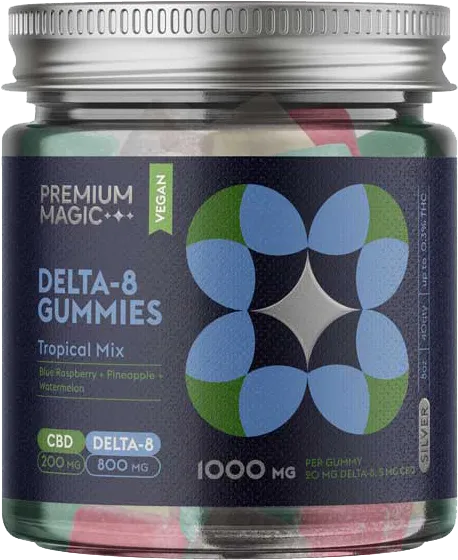
Silver Tropical Mix
Original price was: $68.99.$33.99Current price is: $33.99.
Or Subscribe and Save 30%
The Mechanism of Action of Cannabinoid Receptors
In order to understand how Delta 8 vape cartridges work, it’s important to have a basic understanding of the endocannabinoid system (ECS) and the role that cannabinoid receptors play in this system.
The ECS is a complex biological system that is found in all mammals, and it plays a vital role in regulating a wide range of physiological processes, including mood, appetite, sleep, pain perception, and more. The ECS consists of three main components: endocannabinoids, enzymes, and cannabinoid receptors.
Endocannabinoids are naturally occurring compounds that are produced by the body and act as neurotransmitters, helping to regulate various physiological processes. Enzymes are responsible for breaking down endocannabinoids once they have served their purpose, while cannabinoid receptors are found throughout the body and are responsible for interacting with both endocannabinoids and phytocannabinoids (cannabinoids that are derived from plants).
There are two main types of cannabinoid receptors: CB1 receptors and CB2 receptors. CB1 receptors are primarily found in the brain and central nervous system, and they are responsible for mediating the psychoactive effects of THC. CB2 receptors are primarily found in the immune system and peripheral tissues, and they are involved in regulating inflammation and immune function.
How Delta 8 THC Interacts with Cannabinoid Receptors
When Delta 8 THC is inhaled through a vape cartridge or other method, it enters the bloodstream and travels to the brain, where it interacts primarily with CB1 receptors. Because Delta 8 THC has a slightly different chemical structure than Delta 9 THC, it binds to CB1 receptors in a slightly different way, producing milder psychoactive effects.
In addition to its interaction with CB1 receptors, Delta 8 THC also has a weaker affinity for CB2 receptors, which may contribute to its potential anti-inflammatory and pain-relieving effects.
Delta 8 THC may also have some therapeutic potential due to its reported anti-inflammatory, analgesic, and neuroprotective properties. However, more research is needed to fully understand the health benefits of delta 8 THC and how it interacts with the ECS.
Conclusion
Delta 8 vape cartridges are a popular way to consume delta 8 THC, a lesser-known cannabinoid that has been gaining popularity for its milder psychoactive effects and potential health benefits. Delta 8 THC works by binding to CB1 receptors in the brain and nervous system, producing a range of effects that can vary depending on the individual and the dose consumed. While delta-8 THC may have some therapeutic potential, more research is needed to fully understand its mechanisms of action and health benefits.


